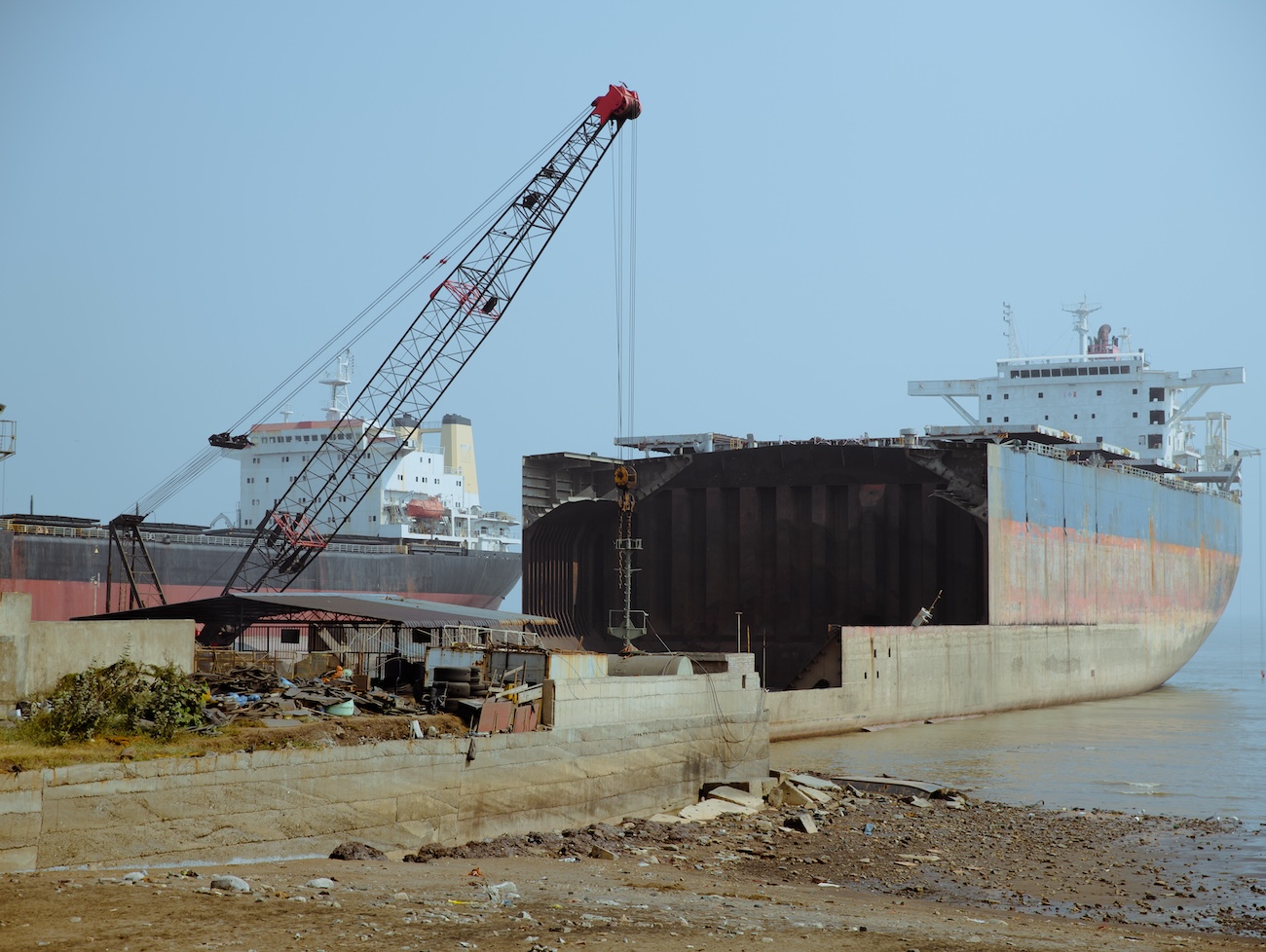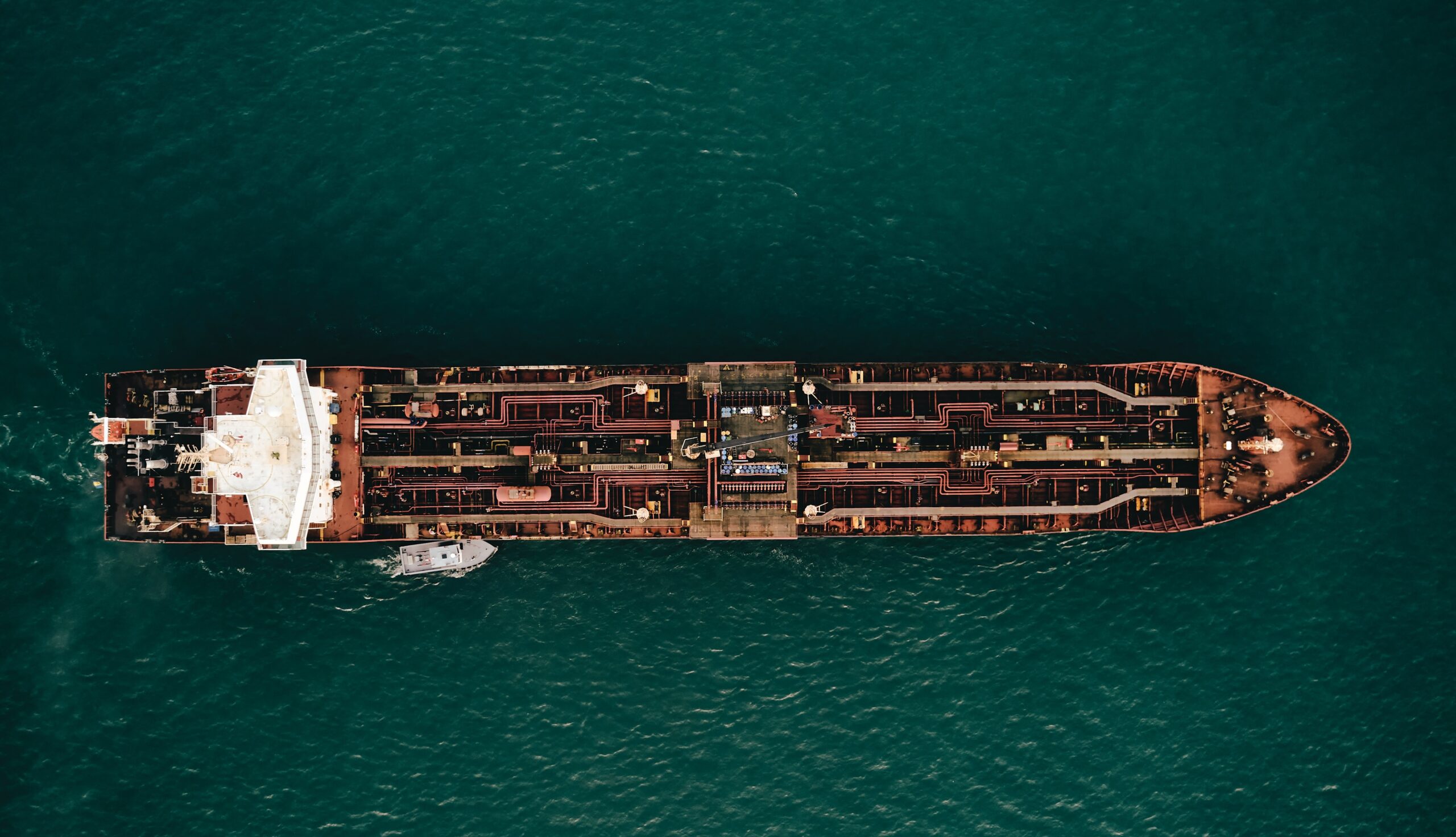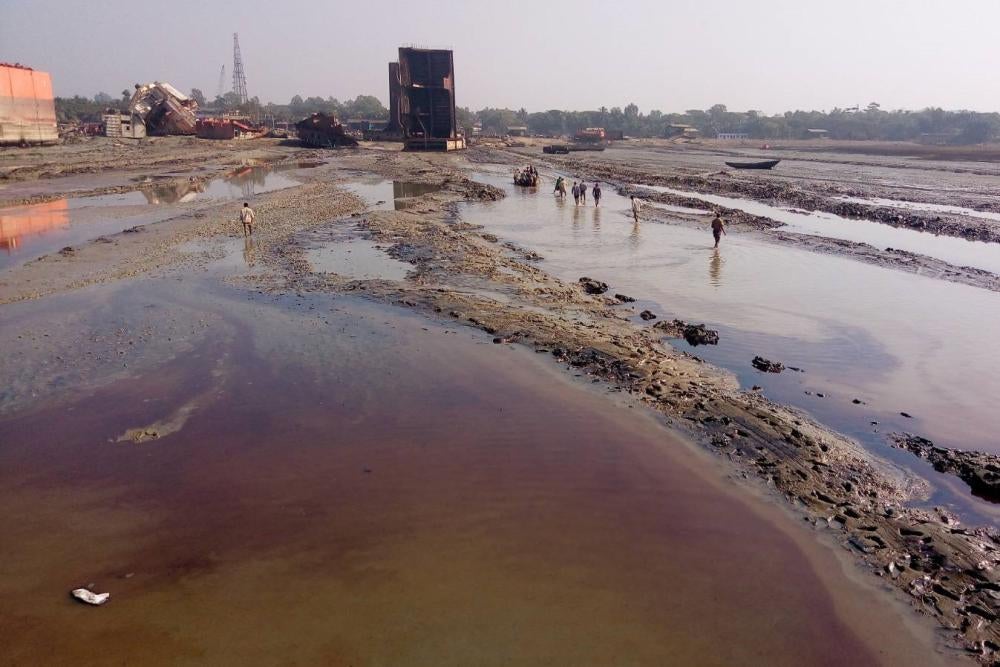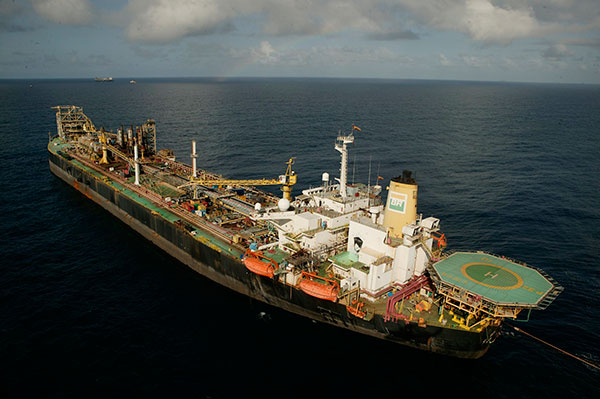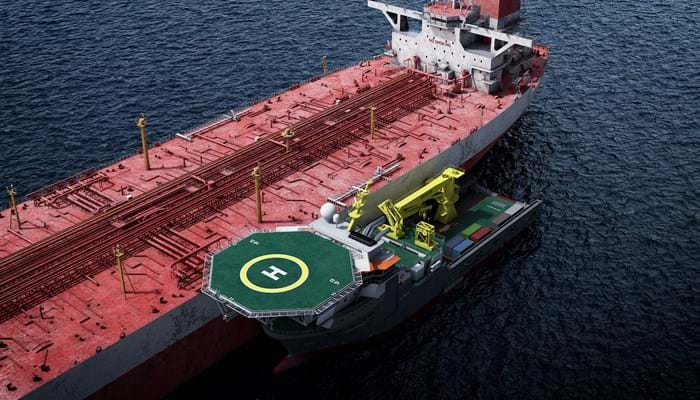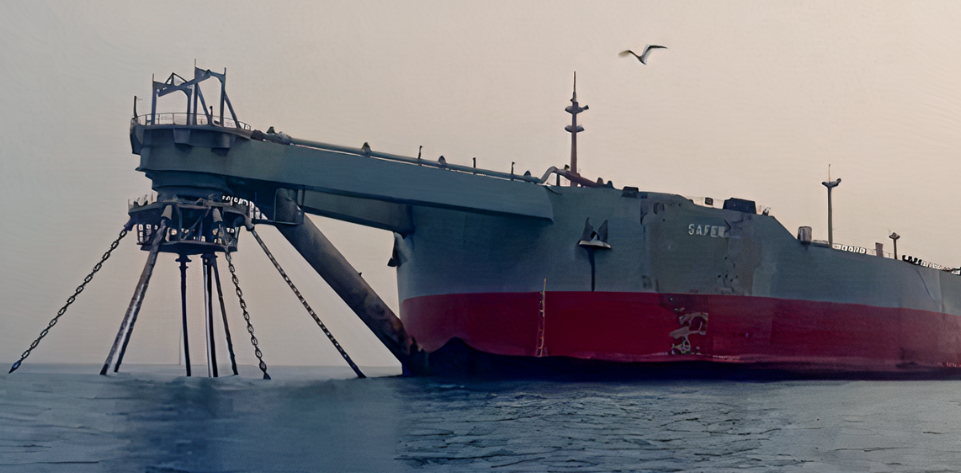Shipping industry's disgrace: 85 percent of global tonnage scrapped on three beaches in South Asia
According to new data released today by the NGO Shipbreaking Platform, 446 ocean-going commercial ships and offshore units were scrapped in 2023. The vast majority, 325 ships in total, were taken apart on a beach in Bangladesh, India or Pakistan. Most vessels scrapped originally belonged to shipping companies in East Asia and Europe.

In South Asia, workers are exposed to explosions, falling steel plates and toxic fumes and substances that can be found within the ships’ structures. Toxic waste leaks into the ocean and affects marine life, while also making its way into ground water and agricultural fields. The air is polluted far beyond internationally accepted levels, also as a result of the low-cost method used in the region to re-roll contaminated ship scrap steel.
In 2023, at least 6 workers lost their lives when breaking apart vessels on the beach of Chattogram, Bangladesh, and another 19 were severely injured. Some of these accidents took place onboard vessels owned by well-known shipping companies, such as South Korean Sinokor and Greek Polys Haji-Ioannou Group.

DUMPERS 2023 – Worst practices
China tops the list of country dumper in 2023. Despite the existence of state-of-the-art ship recycling facilities at national level, Chinese owners sold 71 vessels for scrapping in South Asia, 59 of which were beached in Bangladesh. While China has banned the import of waste as part of its efforts to clean its own environment and improve the quality of life of its citizens, the Chinese shipping industry is getting away with dumping its toxic waste on some of the most vulnerable communities and environments in the world.
Hong Kong, UAE, Thailand, Greece, Russia and South Korea follow as worst dumpers in 2023 with more than a dozen ships beached each.
Swiss containership giant Mediterranean Shipping Company (MSC) is the 2023 worst corporate dumper. Despite having been repeatedly and strongly criticised for its dumping of more than one hundred ships in the last decade, MSC scrapped no less than 14 of its old container ships in Alang, India, in 2023. The MSC FLORIANA and MSC GIOVANNA respectively left from Spanish and Turkish waters for scrap in clear breach of European and international law that bans the export of hazardous waste from OECD to non-OECD countries. Illegal exports of end-of-life ships is a criminal offence.

Evergreen, Gearbulk, Green Reefers, Maersk, Sinokor and Zodiac Group Monaco are other well-known companies that sold their toxic assets for scrapping on South Asian beaches in 2023.
Conditions at the ship recycling yards in Aliaga, Turkey, have also come under the spotlight in a new report. Pollution and poor occupational health and safety conditions occur at all stages of the ship recycling process, including the management of waste water and disposal of the hazardous materials originating from ships. Recent audits and unannounced inspections of the facilities by the European Commission furthermore revealed that actual day-to-day practices do not comply with the standard required for EU approval.

Environmental and labour laws that regulate ship recycling exist, but they are ignored and easily circumvented by ship owners. In a report on the conditions at the shipbreaking yards in Bangladesh, it is revealed how middle men scrap dealers, known as cash buyers, re-name, re-register and re-flag end-of-life ships prior to their last voyage to the beaching yards in an attempt to conceal original ownership. Almost half of the ships beached in 2023 changed their original flag to a grey- or black-listed flag registry just weeks before hitting the beach. The flags of Cameroon, Comoros, Mongolia, Palau, St Kitts & Nevis and Tanzania were particularly popular with cash buyers. At least two of these flag changes enabled Greek companies Danaos Shipping and Ilios Shipping to circumvent the EU Ship Recycling Regulation which requires EU flagged vessels to only be dismantled in EU approved ship recycling facilities.

Looking ahead, the number of ships that will need to be dismantled is expected to surge. At the same time, the growing focus on circularity and demand for low-carbon scrap steel provides opportunities to transform the ship recycling sector. EU legislation on ship recycling will be reviewed, providing an opportunity to close existing loopholes and enhance corporate accountability.

Read more about the pioneers of green ship recycling in our Breaking Out magazine.
For the data visualization of 2023 shipbreaking records, click here. *
For the full Excel dataset of all ships dismantled worldwide in 2023, click here. * **
* The data gathered by the NGO Shipbreaking Platform is sourced from different outlets and stakeholders, and is cross-checked whenever possible. The data upon which this information is based is correct to the best of the Platform’s knowledge, and the Platform takes no responsibility for the accuracy of the information provided. The Platform will correct or complete data if any inaccuracy is signaled. All data which has been provided is publicly available and does not reveal any confidential business information.
** UPDATE 1 February - Two ships, which were scrapped in the Netherlands, were excluded from the dataset because their actual gross tonnage (GT) fell below 500.
*** UPDATE 2 February - The Platform was made aware by Polaris Shipping that it had wrongly attributed the accidents in Bangladesh to vessels owned by Polaris. Three accidents took place on vessels owned by South Korean Sinokor, not Polaris, and the text has now been rectified. Polaris has not sold any vessel for scrapping since the second quarter of 2021.

